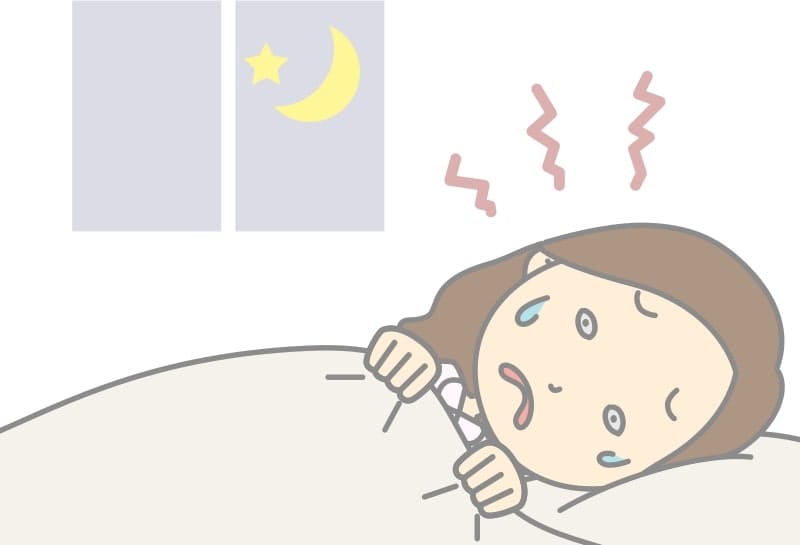If you haven’t heard of melatonin, that’s probably a good thing. It suggests you’ve never had a problem nodding off – even to the extent you’ve googled ‘cures for insomnia’ – and that you sleep like a baby.
But if you know it’s the hormone naturally released when it’s dark in accordance with our 24-hour clock and our need for some shut-eye, then there’s every chance you’ve considered supplementing your natural supply – particularly as it dwindles with age.
And you wouldn’t be alone. Whereas in 2011, 8,150 people aged 45-64 got a prescription for melatonin pills to tackle insomnia, by 2021, this figure had risen to 28,005 according to figures obtained from the Sundhedsstyrelsen health authority – a 340 percent increase.
The big worry about melatonin is that nobody knows how harmful it could be to take it over a long-term period. Doctors are confident that short-term usage – for example, to help the body deal with jetlag – is fine.
Experts: cutting stress levels and screen usage a better solution
“I think it is problematic that there is such an increase: people are gambling a little bit with your health,” sleep researcher Birgitte Rahbek Kornum, a University of Copenhagen associate professor, told TV2.
According to Kornum, people aged 45-64 should still be able to produce enough melatonin to easily fall asleep.
Before asking for a prescription, she suggests, they should address their stress levels and screen usage.
The number of prescriptions, according to Berlingske, can also be attributed to the tendency of doctors to no longer issue benzodiazepines – which are known to be more addictive and have more serious side-effects.














